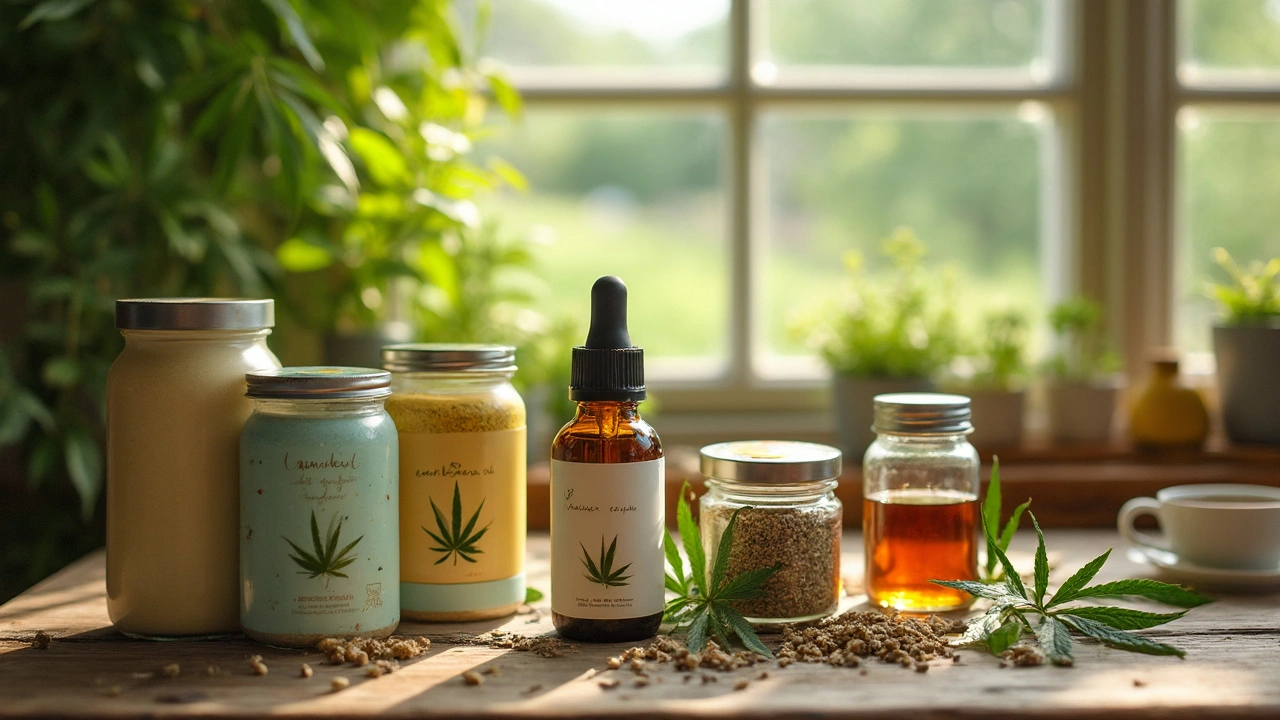Sustainability in Pharmaceuticals – What You Need to Know
Ever wonder what ‘sustainability’ means when you pick a pill or an ointment? It’s not just about recycling bottles; it’s about how medicines are made, shipped, and discarded. The drug industry is starting to think about its carbon footprint, waste, and the impact on ecosystems. When companies cut down on unnecessary packaging or use renewable energy, those changes eventually reach your medicine cabinet.
Why Green Medicine Matters
The production of medicines uses a lot of water, chemicals, and energy. If factories run on fossil fuels, they add greenhouse gases to the air. Extra waste – like plastic blister packs or unused pills – can end up in landfills or waterways, harming wildlife. By shifting to greener practices, pharma companies lower emissions, reduce hazardous waste, and help keep our planet healthier. That matters for you because a cleaner environment supports better overall health.
Recent trends show big players investing in carbon‑neutral manufacturing, biodegradable packaging, and digital prescriptions that cut paper use. Some startups are even developing drugs that break down safely after use, so they don’t linger in the environment. These moves aren’t just PR; they’re driven by stricter regulations and consumer demand for responsible products.
How You Can Support Sustainable Pharma
The easiest thing you can do is ask your pharmacist or doctor about eco‑friendly options. Many pharmacies now offer refill programs that reuse containers, so you don’t have to throw away a new bottle each time. If a medication comes in plastic packaging, see if there’s a cardboard alternative or a bulk option.
Proper disposal is another big win. Never flush pills down the toilet unless the label says it’s safe – they can contaminate water supplies. Use local take‑back programs or pharmacy drop boxes to make sure unused meds are destroyed safely.
You can also reduce waste by sticking to the prescribed dose and avoiding “just in case” extras. When you need a repeat prescription, ask for electronic renewals instead of paper forms. Digital records cut down on printing and speed up the process for both you and your provider.
Support brands that publish their sustainability reports. Transparency shows they’re serious about reducing impact. A quick web search can reveal if a company uses renewable energy, recycles packaging, or invests in green research.
Finally, share what you learn. Talk to friends, family, and online communities about why sustainable medicine matters. The more people ask for greener options, the faster the industry will adapt.
Bottom line: sustainability isn’t a buzzword you can ignore when it comes to health. It’s tied to how safe, affordable, and effective medicines are in the long run. By choosing responsibly, asking questions, and disposing of meds correctly, you play a part in making the pharmaceutical world greener for everyone.
Canadian Hemp Supplements: Nutrient-Packed and Planet-Friendly Game Changers
Canadian hemp supplements are turning heads for being loaded with nutrients and easy on the environment. This article dives into how these products stack up next to traditional supplements and why they're gaining so much attention across Canada. You'll get the facts on what makes hemp unique, practical tips for adding it to your routine, and a closer look at the sustainability story behind the crop. There’s also a guide to finding high-quality hemp products and common myths busted. Perfect for anyone curious about nutritious, eco-friendly options for daily health.
